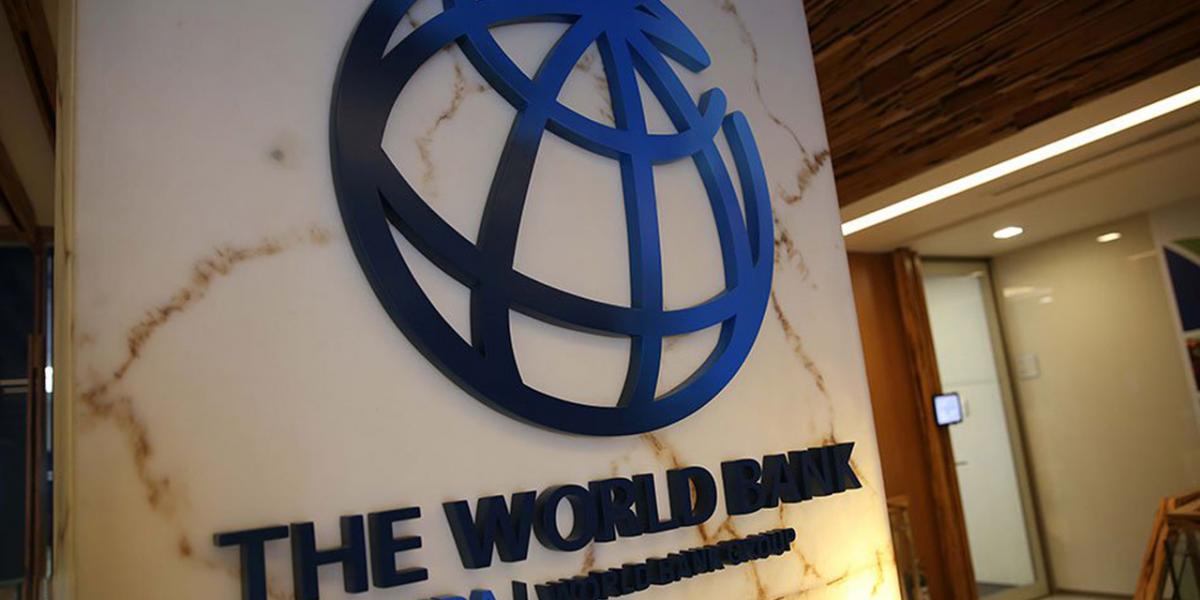Nigerian economy and World Bank’s spotlights on redundant policies
- 20 June 2022 / News / 411 / Fares RAHAHLIA

The recent World Bank Nigeria Development Update (NDU), indeed, is a handbook on the biggest economy in Africa – the challenges, the prospects and the booby traps.
One may not agree with some of the advisories and recommendations, which is understandable as there is no one-way solution to any situation. But the completeness, inclusiveness and depth are, as usual, unparalleled.
Touching on the wobbly growth, tumbling revenues, unsustainable subsidies, unmatched fiscal mechanisms, redundant monetary policies, and faulty trade policies among many other thrusts, the report unearths the country’s pain points, making them as plain as possible.

The report also highlights the many near-misses of recent times while making recommendations on the path the immediate to long-term plans could follow.
On a broader view, it is a succinct narrative of the country’s economic realities and projections into the near-term future, many of which are as scary as they have always been in recent years. Though the reviews and some of the forecasts are not entirely new, the report titled ‘The Continuing Urgency of Business Unusual’ details the issues in a manner that gives policymakers a go-to for intellectual reconciliation.
Interestingly, the theme defines every piece of advisory contained in the 100-page document. The government seems to be in a dilemma – between sustaining legacies and taking fresh and radical approaches to salvage the economy. Most apt, the report notes that a “business-as-usual policy stance would not address Nigeria’s macroeconomic challenges” and deliver the kind of growth that can lead to drastic poverty reduction and massive job creation
“The burden of the petrol subsidy would reduce the already limited fiscal space, limiting the options to alleviate the impact of high inflation on the poorest Nigerians. In the absence of FX reforms, there will be continued pressure on the parallel exchange rate, which will continue discouraging private investment and fueling inflation,” says the report.
Inflation is also an elaborate subject with multi-dimensional effects across different sectors and aspects of the economy. The report brings to notice the possibility of “elevated” inflation and more damning impacts owing to the ongoing war in Europe. The combined impact of the war and the persistent food price crisis is expected to push another seven million Nigerians into poverty before the end of the year.
source: guardian.ng
 English
English
 français
français
 العربية
العربية







